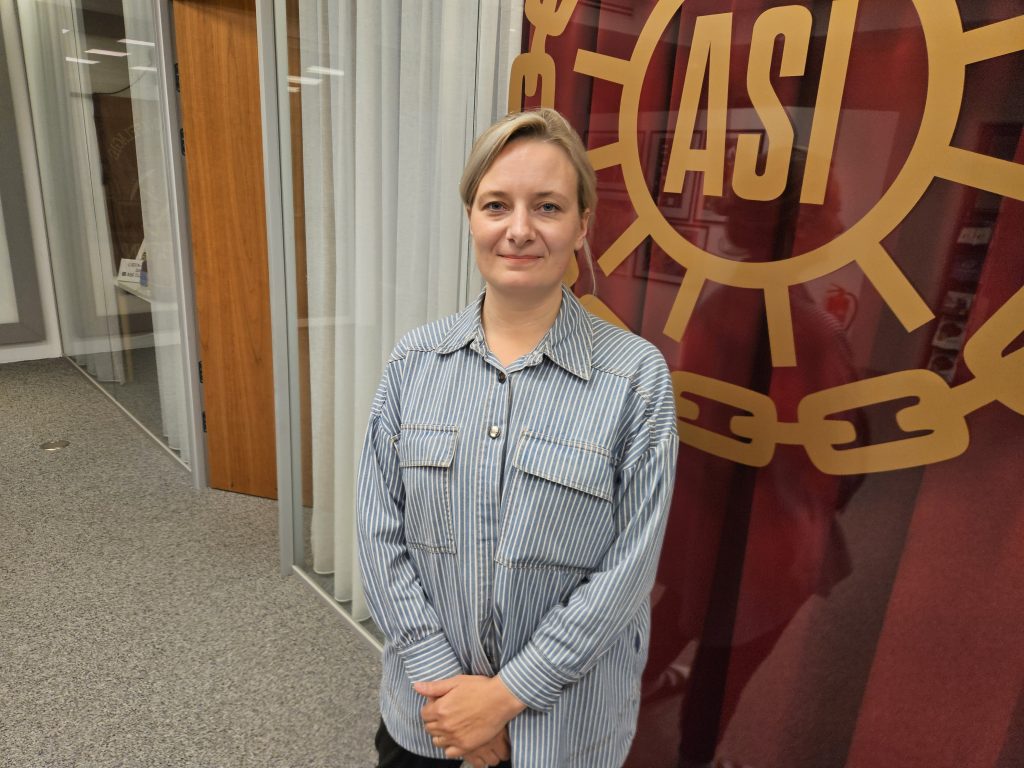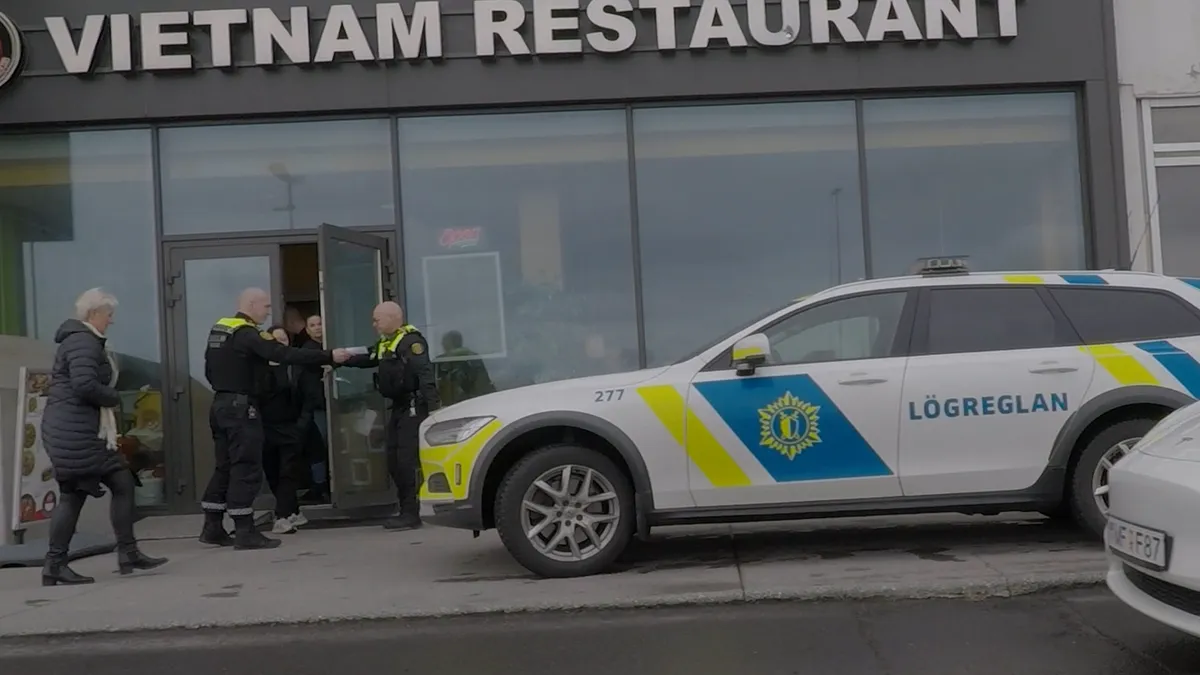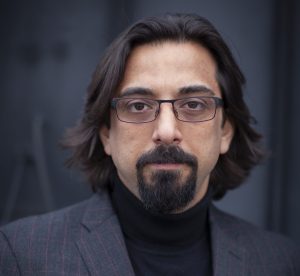In March 2024, Icelandic police conducted searches at restaurants, storage facilities, and offices connected to Quang Le, a Vietnamese businessman with Icelandic citizenship.
It followed a thorough investigation into labour trafficking and exploitation. At the time, Quang operated two restaurant chains with dozens of locations nationwide, as well as two hotels in Reykjavik.
Read this article in Norwegian on our Arbeidsliv i Norden.
On that same day, the TV news magazine Kveikur on RÚV, the Icelandic public broadcaster, revealed the extensive scope of alleged labour exploitation and trafficking.
Tens of Vietnamese citizens had been brought to Iceland on work permits as specialists. One anonymous worker reported having to pay his employer $60,000 upon arrival and another $60,000 when his family arrived.
He worked 12 – 14 hours a day, six days a week, for several years without holidays, receiving a salary well below the minimum stipulated in collective agreements.
Quang had shown threatening behaviour towards his employees, leaving most of them afraid of him. He is currently in custody awaiting formal charges.
This case, alongside other smaller-scale incidents, sparked significant discussion about the prevalence of labour trafficking in Iceland.
The Icelandic Confederation of Labour (ASÍ) and the Confederation of Icelandic Enterprise (SA) strengthened their cooperation to uncover and eradicate exploitation and trafficking.
They issued a joint public statement condemning labour trafficking and calling for decisive government action. As a result, a major conference was held last year, and preparations are now underway for a government action plan.
“We work hard, pay our taxes, but are not treated like humans”
Saga Kjartansdóttir, a labour market expert at ASÍ, says they have been working with SA inspecting workplaces for several years, based on a 2010 law.

“It’s unique to Iceland that trade unions are allowed to monitor workplaces. This enables representatives from both unions and employers to engage with employees and managers – not only to check for violations but also to provide education and guidance,” she says.
The Quang Le case began during one such inspection. An anonymous tip alerted ASÍ. It read: “We work hard, pay our taxes, but are not treated like humans.”
After conducting an inspection, ASÍ received another tip claiming that following the visit, employees were given fake payslips and instructed on what to say to ASÍ staff. When ASÍ revisited the company, the workers’ statements perfectly matched the tip.
Kjartansdóttir notes that inspections are not uniform across sectors, as some industries are more prone to exploitation than others.
“Research shows that sectors with high staffing needs, such as construction, the hospitality sector, catering and tourism, are particularly vulnerable.
“They often employ staff without specific qualifications, and workers from outside Europe are often at greater risk,” she explains.
ASI and SA are now working together on an action plan to combat labour market crime.
“In this forum, we continuously discuss the legal landscape and the steps needed to address these issues.”
Dramatic rise in reports of trafficking
Following the Quang Le case, Kjartansdóttir has noted a sharp increase in reports of possible labour exploitation and trafficking, from both employees and the general public.
“One tip concerned a nail salon offering suspiciously cheap services.”
She explains that this represented a turning point.
“People from various backgrounds, all in similar situations, began coming forward. Our biggest challenge had been encouraging them to report issues, but that is no longer a major obstacle.”
The primary challenge now, according to Kjartansdóttir, is finding the appropriate place within the system to handle these cases.
“The police lack resources to investigate all of them, and both the Immigration Office and the Directorate of Labour are still uncertain how to proceed,” she says.
She adds that more companies are now contacting ASÍ for guidance on how to prevent labour trafficking within their own organisations and partner companies. This was not common just a few years ago.
“This demonstrates that businesses are becoming more aware of the issue,” she adds.
Despite these positive developments, Kjartansdóttir stresses that labour exploitation and trafficking remain serious problems in the Icelandic labour market.
“The Quang Le case was particularly significant because of the large number of workers involved with the same employer.
“We continue to see similar cases, though not on the same scale. It’s important to remember that this is not only organised crime – it can involve just one employer and one employee.”
Political will to do better
Kjartansdóttir underlines the need to examine the overall structure of the labour market.
“Taking the Quang Le case as an example: How was he able to run these companies for years, right under our noses, paying workers far below the minimum wage set in collective agreements?
“That’s a question we must address – and, more importantly, it is something we must prevent from happening again.”
As mentioned, ASÍ and SA are collaborating with the government on an action plan.
“I believe there is political will to improve the situation,” says Kjartansdóttir.
“For instance, when many Vietnamese nationals arrived as cooks and were granted residence permits, the unusually high numbers went unnoticed at first.
“The permits were later halted, and the police began investigating, but the response was delayed. That shouldn’t happen. We also need to offer victims a way out.
“Currently, we cannot guarantee they won’t be deported, which understandably affects their trust in authorities. It is essential to offer stronger legal protection, especially regarding residence permits.”
Kjartansdóttir stresses that exploitation predates the Quang Le case.
“This happens daily. In some countries, employers participate in consultation platforms to improve working conditions. I would like to see SA take more steps in that direction.”
She will also monitor how the courts handle the Quang Le case.
“We know serious labour exploitation occurred, including the unlawful sale of residence and work permits. It is for the court to decide whether this meets the legal definition of trafficking.
“If Quang is not convicted of labour trafficking, we may need to revisit the laws – or introduce new legislation specifically addressing labour exploitation. At present, there are no legal penalties for exploitation, and that must change.”
Unique trade union supervision
Maj-Britt Hjördís Briem, a lawyer at SA, notes Iceland’s long-standing commitment to maintaining a fair and healthy labour market.
Central to this is the inspection agreement between SA and ASÍ, which is unique internationally.
“Our counterparts are often surprised that trade unions are allowed to inspect workplaces. This system, based on the 2010 law, has been in place for many years, long before the Quang Le case,” she explains.

Briem highlights that SA has had a representative on a working group on labour trafficking for the past six years.
“We began attending conferences and learning how employers could actively protect the integrity of the labour market. Around the time the Quang Le case emerged, I contacted ASÍ, and we found our approaches aligned.
“This led to the major conference we held last year. The aim was to send a clear message: SA and ASÍ are united in fighting labour trafficking.
“We also wanted to raise awareness among our members, authorities, and the public – and push the government to take a more focused approach, which hadn’t happened before. I believe we succeeded.”
Today, concrete measures are being developed to prevent further labour trafficking.
“Our goal is to stop the problem from growing, and we are looking to other Nordic countries for guidance,” Briem says.
Protecting the foundation of the labour market
Briem says the Quang Le case shocked many companies.
“Many started asking who they were actually buying services from. The impact was significant. In sectors such as tourism and construction, law-abiding companies are now more aware of the black sheep.”
Beyond the harm to individual victims, tackling labour trafficking is crucial to protect the labour market’s integrity.
“It undermines fair competition and the foundation of our model. Those engaging in trafficking gain an unfair advantage over compliant companies.
“While not every business can be perfectly compliant at all times, we help them adhere to collective agreements. We take this very seriously and want to support companies in meeting their obligations.”
Briem warns against generalising.
“Businesses shouldn’t be labelled as violators over minor mistakes. Media attention has occasionally created false impressions of violations.”
She remains confident in Iceland’s labour market’s resilience but says it is important to stay vigilant.
“We must be realistic – violations happen everywhere. With more immigrants coming to work in Iceland, the risk rises, because foreign workers are particularly vulnerable. Our economy relies on their labour to maintain productivity, so we need to stay alert.”
Briem emphasises the importance of efficient inspections targeted at the right actors and strong cooperation between institutions.
“Those of us representing the labour market must play an active part in that effort.”







